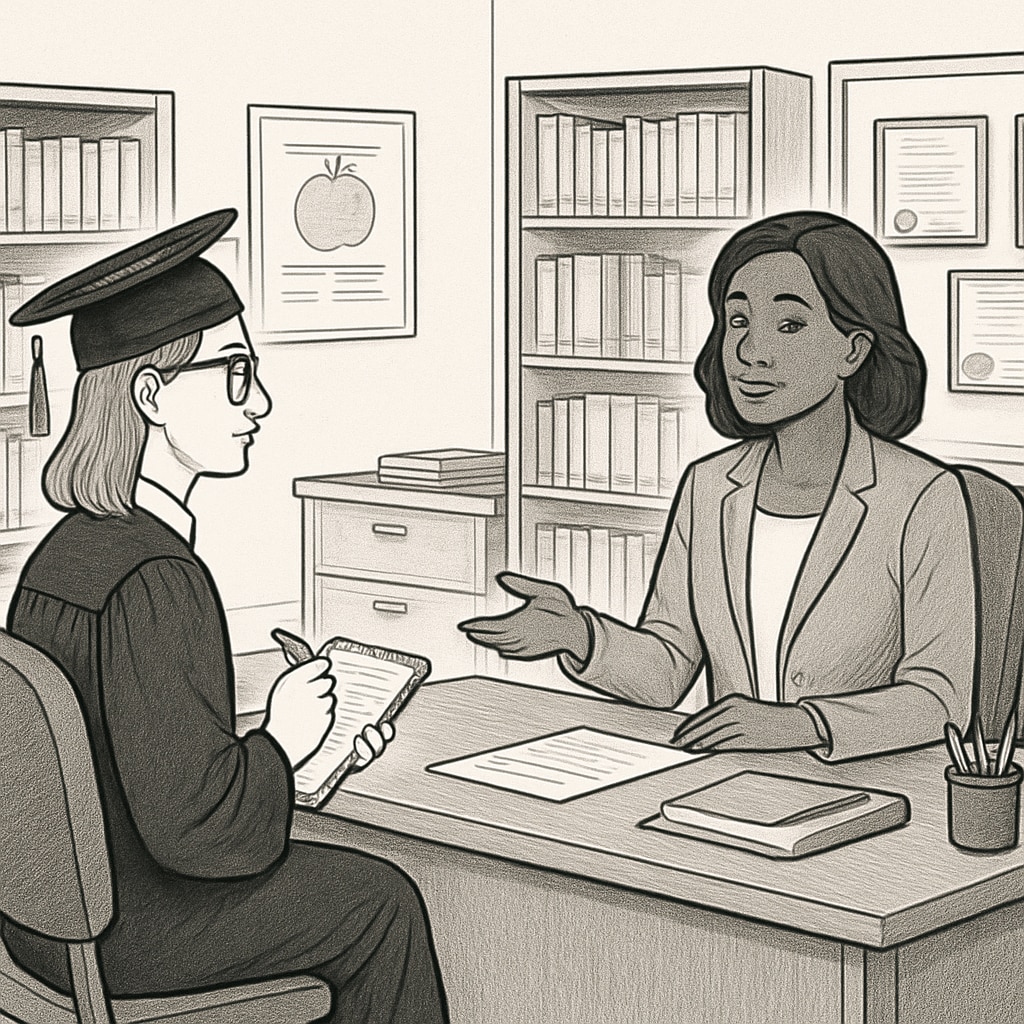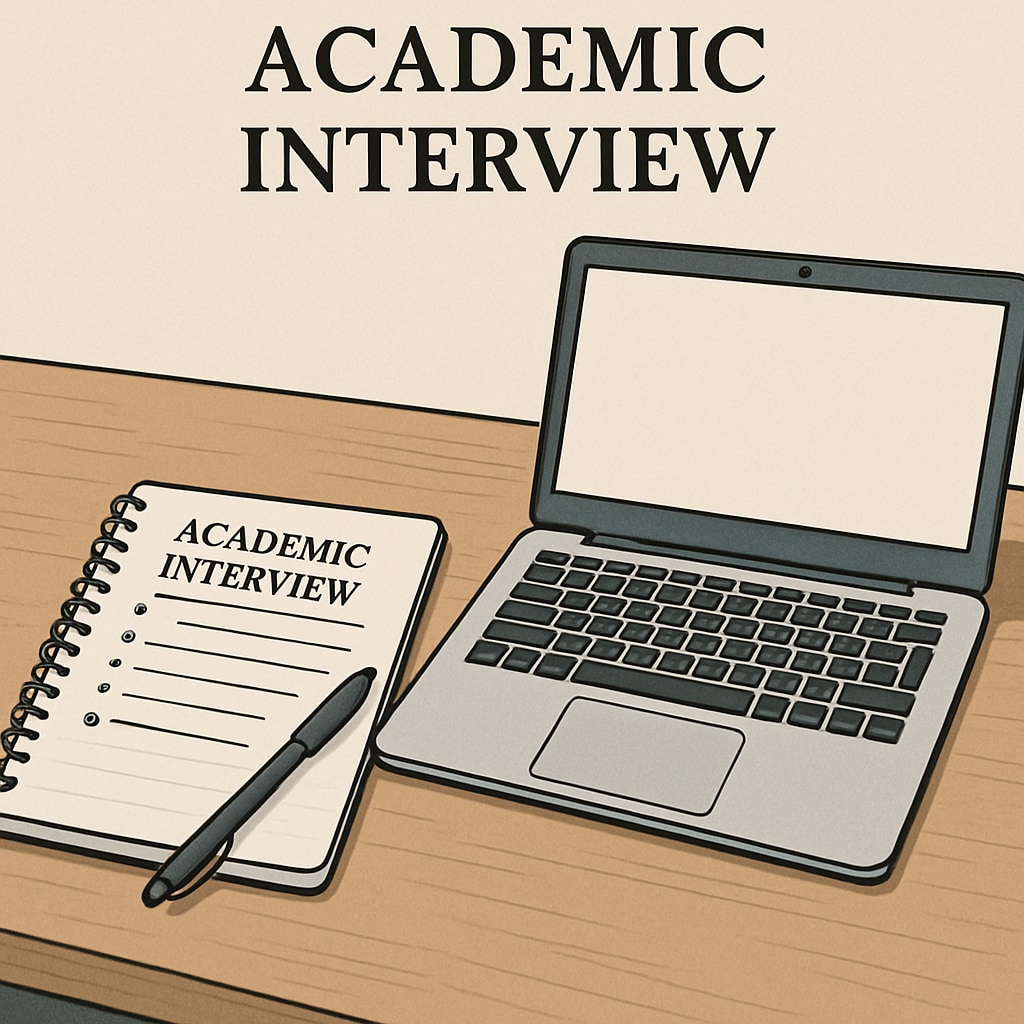Conducting school counselor interviews is a fundamental step for graduate students in counseling programs looking to bridge the gap between theoretical knowledge and practical application. These interviews provide students with firsthand insights into the profession, helping them complete academic assignments while laying the groundwork for their future careers. However, navigating this process can be challenging, especially when balancing academic expectations with professional networking. This article offers actionable tips to overcome obstacles and maximize the benefits of engaging with school counselors.
Overcoming Challenges in Conducting School Counselor Interviews
Graduate counseling students often encounter several hurdles when attempting to interview school counselors. For example, scheduling conflicts, lack of established networks, and uncertainty about crafting effective questions can complicate the process. Addressing these challenges requires preparation, persistence, and adaptability.
- Scheduling Conflicts: School counselors have busy schedules, often juggling student needs and administrative duties. Students should reach out well in advance and offer flexible time frames to accommodate the counselor’s availability.
- Limited Networks: Building connections within the field can be daunting for new graduate students. Leveraging university resources, such as faculty recommendations and alumni networks, can help identify potential interviewees.
- Effective Questioning: Crafting clear and purposeful interview questions ensures the conversation yields valuable insights. Focus on topics like counseling techniques, ethical dilemmas, and strategies for student engagement.

Why School Counselor Interviews Are Crucial for Professional Development
Engaging with school counselors goes beyond fulfilling academic assignments—it serves as a vital step in professional growth. By learning directly from experienced practitioners, students gain insights that textbooks cannot provide. For example:
- Understanding real-world challenges in school counseling, such as handling sensitive student issues.
- Learning practical strategies for fostering student well-being and academic success.
- Exploring ethical considerations and navigating complex situations.
These conversations not only deepen students’ knowledge but also enhance their ability to apply theoretical concepts in real-world scenarios, making them better prepared for their future roles.

Practical Strategies for Building Professional Networks
Interviewing school counselors can also help graduate students expand their professional networks, which is invaluable for career progression. Here are some strategies to build lasting connections:
- Utilize University Resources: Many graduate programs have dedicated career services or faculty members who can connect students with professionals in the field.
- Attend Workshops and Seminars: Participating in industry events provides opportunities to meet counselors and other professionals, creating organic connections.
- Follow Up: After conducting an interview, send a thank-you email expressing gratitude and summarizing key takeaways. This gesture strengthens rapport and opens the door for future collaboration.
Readability guidance: Use concise paragraphs and bullet points to summarize key ideas effectively. Incorporate transition words like “however,” “therefore,” and “for example” to enhance flow and clarity.


